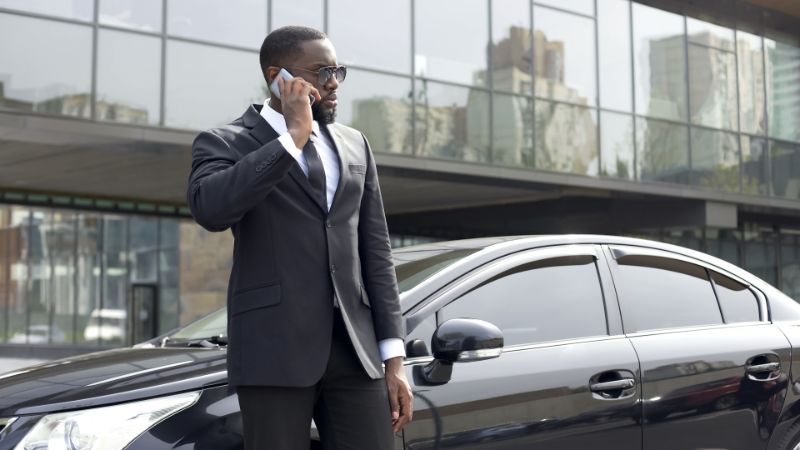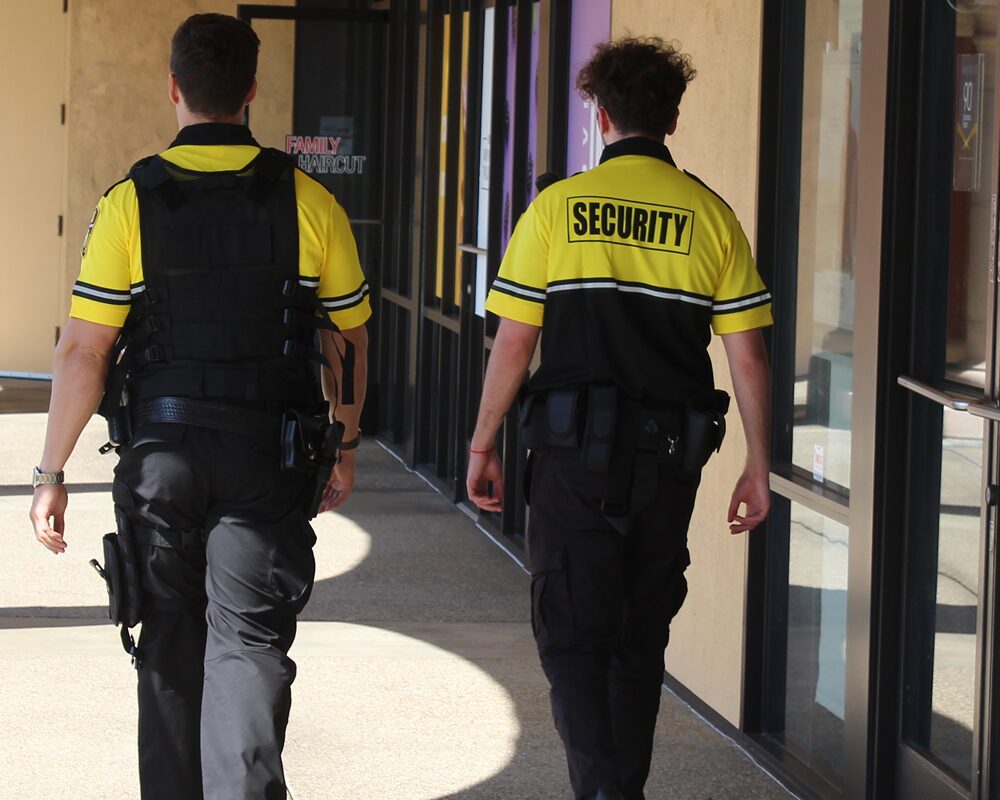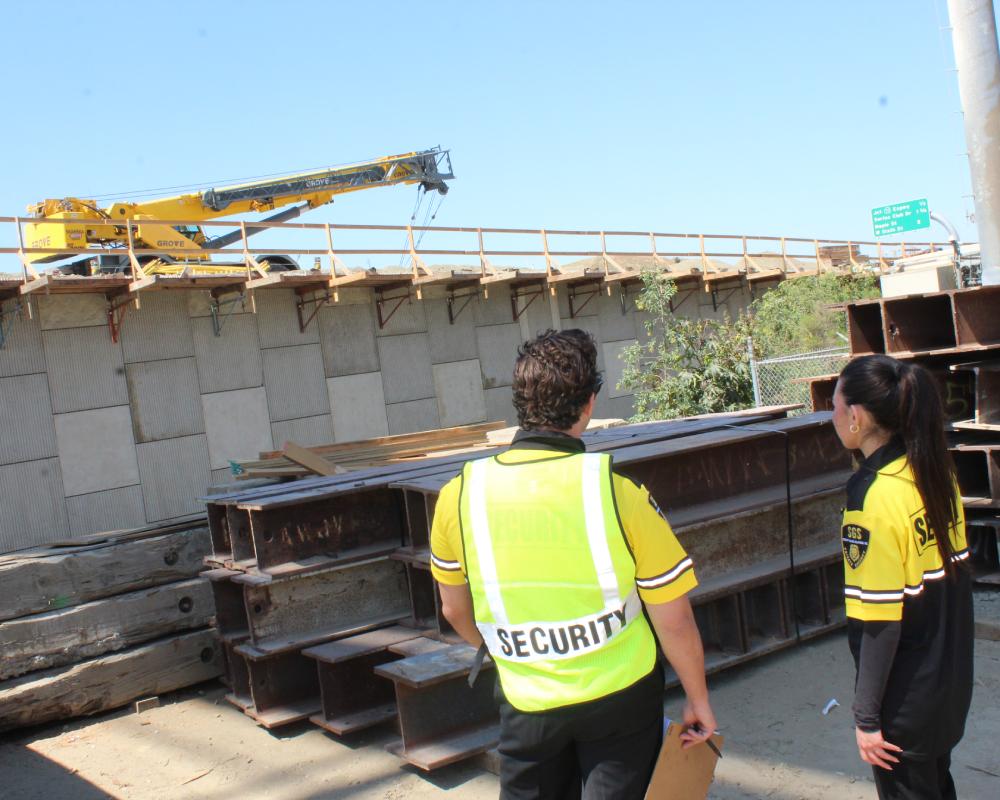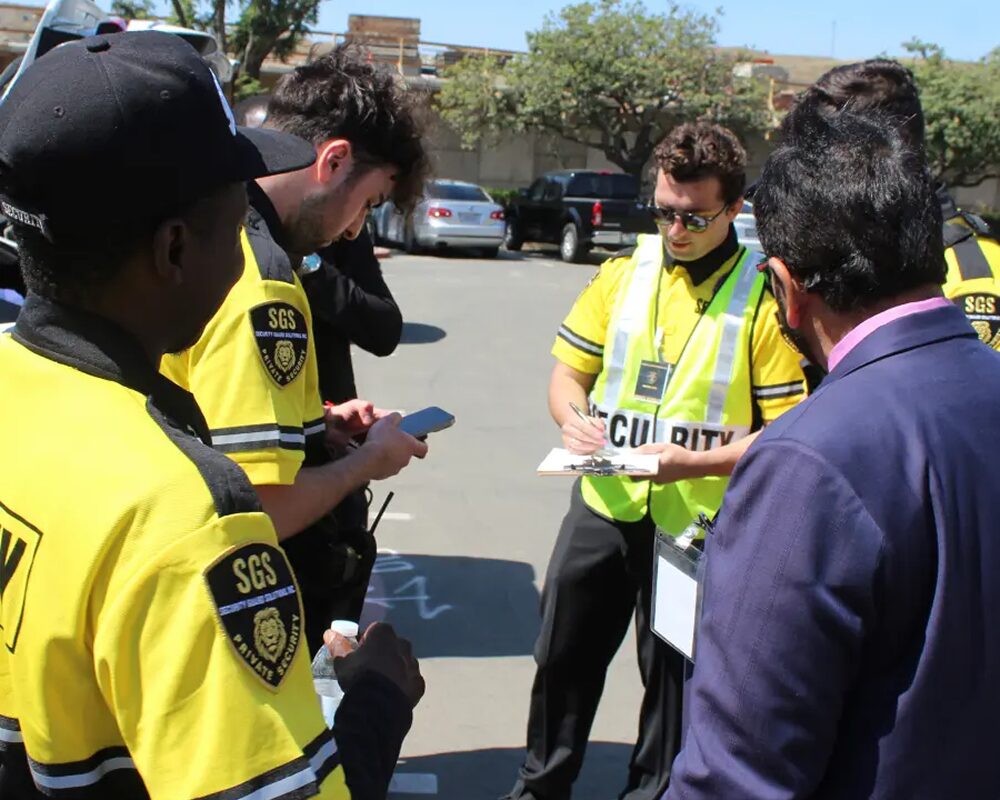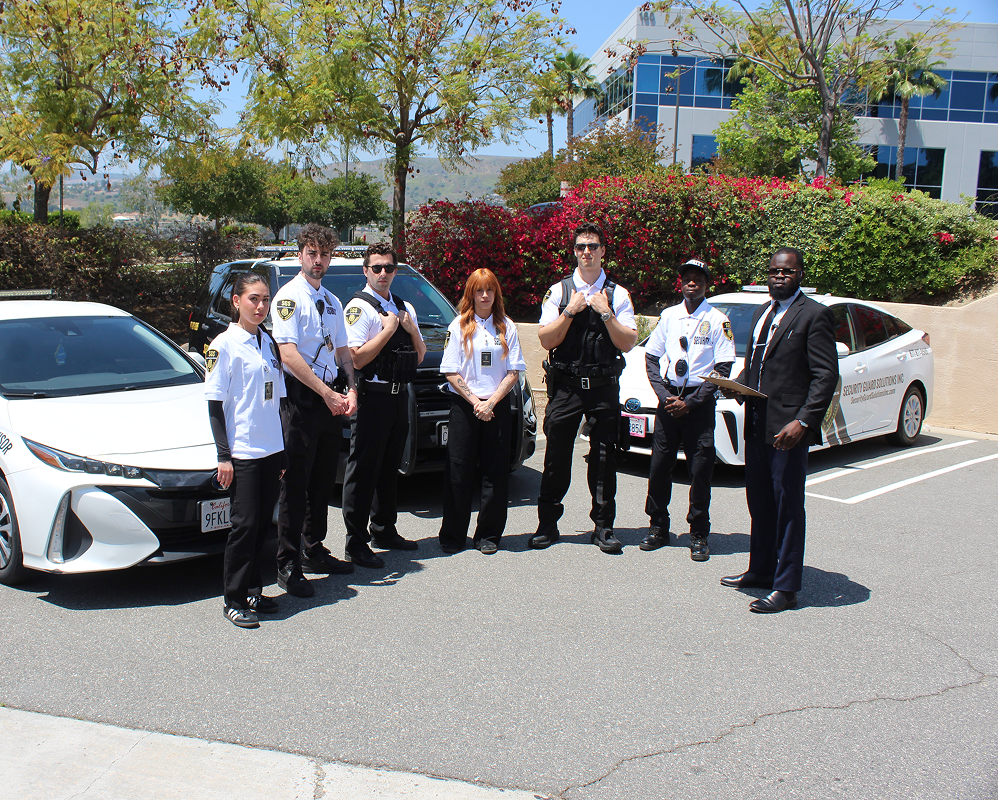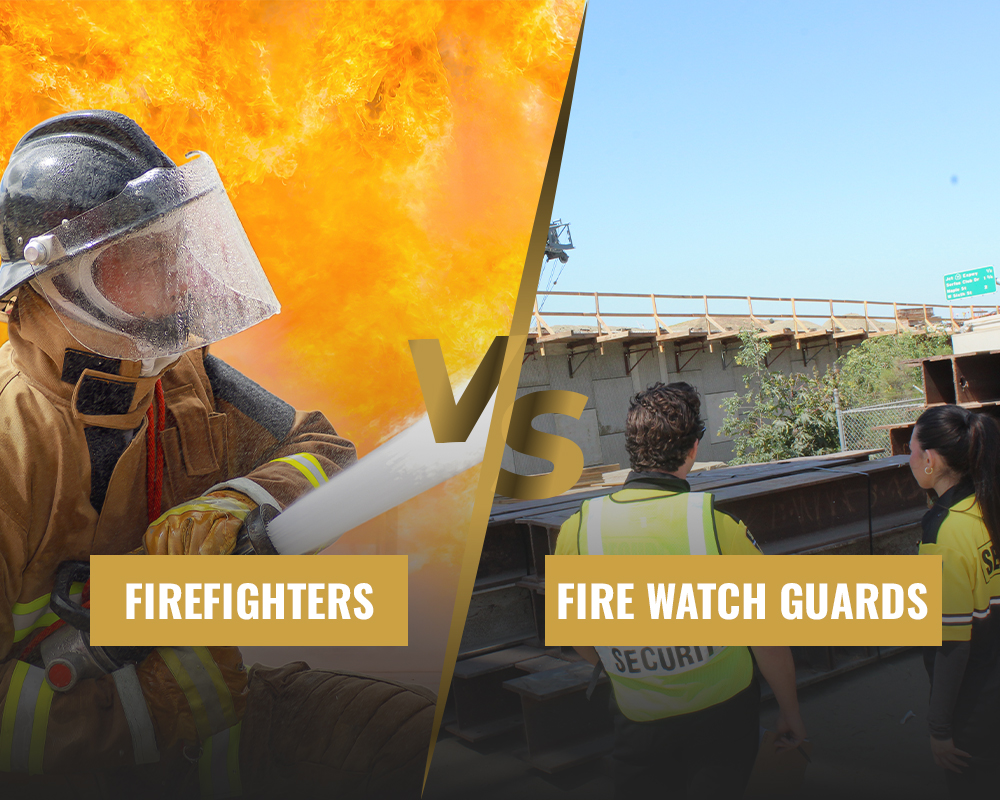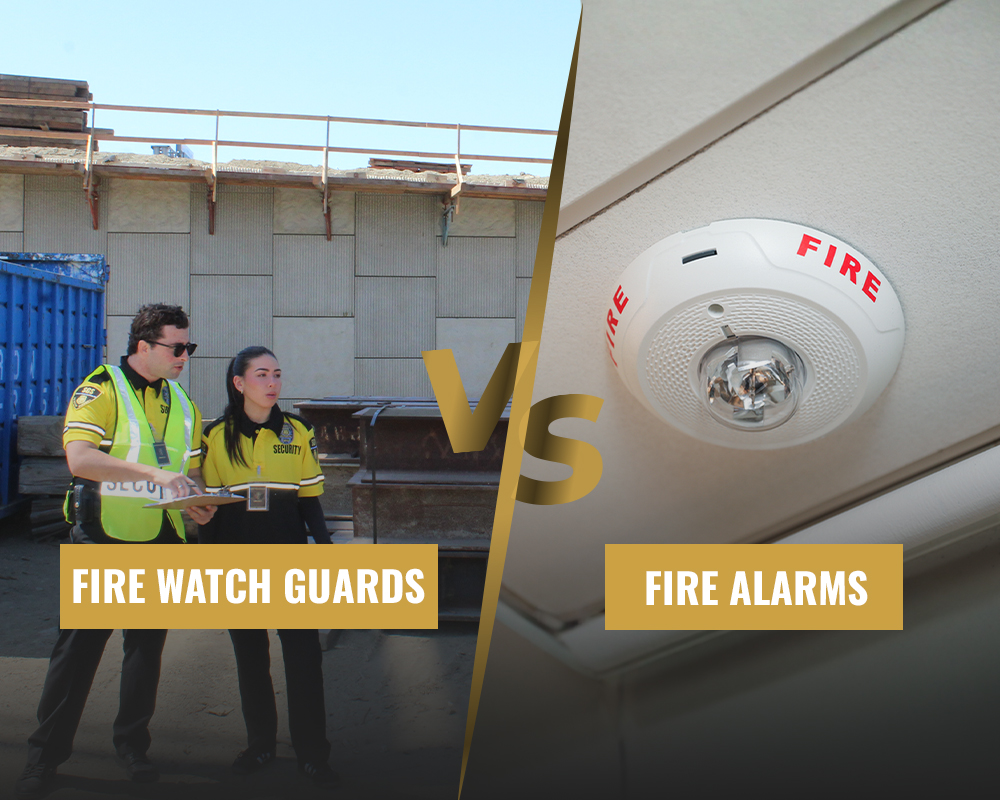Bodyguards and security guards are both essential components of the private security industry. However, they have different roles, qualifications, and duties. Understanding the differences between these two professions can help individuals determine which type of security service they need for their specific situation. In this article, we will explore the differences between bodyguards and security guards in more detail.
Roles
The primary role of a bodyguard is to provide personal protection to individuals, such as high-profile celebrities, politicians, or executives. Bodyguards are hired to ensure their client’s safety, which may involve providing armed guard or unarmed guard security, escorting clients to and from events, conducting risk assessments, and designing security plans.
Security guards, on the other hand, are hired to protect property, assets, or people in a specific location, such as a mall, office building, or event venue. Their duties may include conducting patrols, monitoring security cameras, responding to incidents, and enforcing rules and regulations. Security guards are also responsible for maintaining a visible presence and deterring criminal activity.
Qualifications
Bodyguards require more specialized training and qualifications than security guards. Since they may be required to use firearms or other defensive weapons, they must have a valid license to carry a firearm and undergo extensive training in weapons handling, defensive tactics, and emergency response.
In addition to weapons training, bodyguards must have excellent communication and interpersonal skills to interact effectively with clients and the public. They must also be physically fit and have the ability to think quickly in high-stress situations. Bodyguards must also have knowledge of emergency medical procedures and be able to administer first aid if needed.
Security guards typically require less specialized training than bodyguards, depending on the specific requirements of the job. They must typically undergo basic training in security procedures, patrol techniques, and emergency response. They may also be required to have a valid security guard license or certification.
Duties
The duties of bodyguards and security guards can vary significantly depending on the specific requirements of the job. However, some common duties of bodyguards may include:
Conducting risk assessments and designing security plans: Bodyguards must analyze potential threats to their clients and develop a security plan to mitigate these risks.
Providing armed or unarmed security: Bodyguards may be required to provide armed or unarmed security to protect their clients from potential threats.
Escorting clients to and from events: Bodyguards may be responsible for escorting their clients to and from events to ensure their safety.
Conducting surveillance and monitoring potential threats: Bodyguards must be able to identify potential threats to their clients and take steps to mitigate these risks.
Responding to security incidents and emergencies: Bodyguards must be able to respond quickly and effectively to security incidents and emergencies.
The duties of security guards may include:
Conducting patrols and monitoring security cameras: Security guards are responsible for patrolling the premises to detect and deter criminal activity. They must also monitor security cameras to identify potential threats.
Responding to incidents and emergencies: Security guards must be able to respond quickly to security incidents and emergencies, such as medical emergencies or criminal activity.
Enforcing rules and regulations: Security guards must enforce rules and regulations to maintain order and ensure the safety of individuals on the premises.
Providing access control and screening visitors: Security guards must control access to the premises by screening visitors and ensuring that only authorized individuals are allowed entry.
Maintaining records and documentation: Security guards must maintain accurate records and documentation of incidents, patrols, and security activities.
Conclusion
In conclusion, bodyguards and security guards have different roles, qualifications, and duties. Bodyguards are hired to provide personal protection to individuals, while security guards are responsible for protecting property, assets, or people in a specific location. Bodyguards require more specialized training and qualifications than security guards, and their duties may involve.


